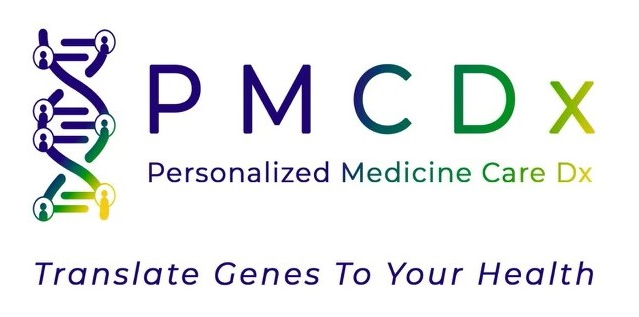Diseases Targeted:
Overview:
The Thyroid Cancer Comprehensive Panel examines 7 genes associated with an increased risk for thyroid cancer. This test includes both well-established thyroid cancer susceptibility genes.
Who is this test for?
Patients with a personal or family history suggestive of a hereditary thyroid cancer syndrome. Red flags for hereditary thyroid cancer could include onset of cancer prior to the age of 50 years, more than one primary cancer in a single person, and multiple affected people within a family with a history of thyroid, breast and/or colon cancer, as well as others. Also, patients with additional non-cancerous clinical findings, such as abnormal skin pigmentation or macrocephaly, that may indicate a genetic syndrome, may also benefit from this test. After consideration of a patient’s clinical and family history, this testing may be appropriate for some pediatric patients. (If there are specific genes that you do NOT want included, please indicate this on the test requisition form.) This test is designed to detect individuals with a germline pathogenic variant, and is not validated to detect mosaicism below the level of 20%. It should not be ordered on tumor tissue.
What are the potential benefits for my patient?
What are the potential benefits for my patient? Patients identified with hereditary thyroid cancer can benefit from increased surveillance and preventative steps to better manage their risk for cancer or other clinical manifestations. Also, your patient’s family members can be tested to help define their risk. If a pathogenic variant is identified in your patient, close relatives (children, siblings, parents) could have as high as a 50% risk to also be at increased risk.
